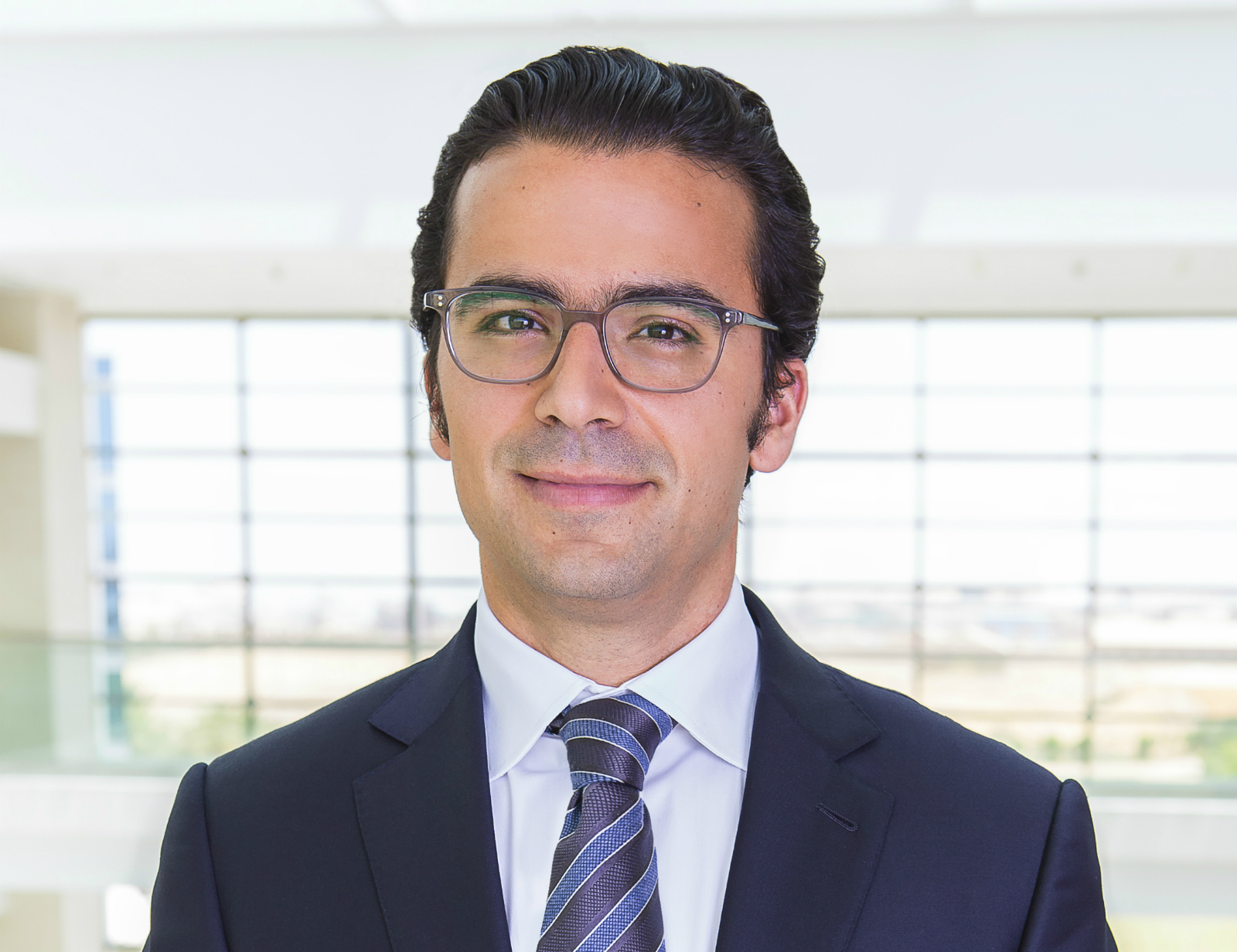Amr Allam — Co-CEO, Hassan Allam Holding

Amr Allam carries on the long tradition of his family business, which traces its roots to 1936. The construction and engineering group is a storied Egyptian contractor with a regional footprint and has a proven track record delivering large, complex projects. It is among the largest privately held groups in the MENA region, with well over 30k employees. Today, Hassan Allam Holding has subsidiaries in Algeria and Saudi Arabia and is moving into new sectors including power, renewable energy and water through its new Hassan Allam Utilities arm (see this morning’s Speed Round, above). Hassan Allam Holding (website | LinkedIn) also acquired last year PGESCo, the international engineering and project management firm focused on energy and infrastructure projects.
2018 was a transformational year for Hassan Allam Holding in terms of diversifying our offering and providing our clients with a one-stop-shop for engineering, procurement and construction services and solutions on a regional scale.
2019 for us will be a year in which we focus on efficiency and expanding our infrastructure development arm while also zeroing in on utilities and renewable energy.
Managing cashflows will be the biggest challenge in 2019. Our business is growing substantially, so managing our cash flows and matching our operational expenditure with our clients’ needs will be a significant focus for management in 2019.
Opportunity-wise, I feel this is the year of industrialization for Egypt. The private sector will start kicking in and we have to capitalize on that. I think we’re well-positioned to be a relevant player in capturing new work from the private sector.
The performance of the wider economy in 2019 will be similar to 2018, but I see private sector players pushing forward. They’ve been watching from afar and the opportunity exists today, the infrastructure is there, and the investment climate is there. I think it’s time for them to step up and I think we’re going to see more of that.
There’s a need for a more robust regulatory framework in the utilities space to help with the penetration of private sector investors. I think this is something that the private sector — and not just the government — needs to be involved in. I think the developmental finance institutions — the IFCs and the EBRDs of the world — need to be involved in this to pass on their know-how, whether it’s in the form of PPAs or WPAs.
Our 2019 budget set 15-20% salary increases. This is in line with inflation and it’s where we’re going to start our exercise. We always align raises with performance and we’ve been doing well.
Absolutely our business been constrained by high interest rates. As I said earlier working capital is the name of our game and elevated interest rates have compressed our operating margins, without a doubt. I don’t see interest rate cuts in first half, perhaps towards the second half. We’d love to see the downward trend kicking in.
We will invest whether interest rates go up or down. We’re investing in enhancing our core activity, in building materials, and of course we’re investing in our new utilities business. If the rates come down, I think we’ll be a lot more aggressive with our plan. But in all cases, we will continue to invest in our core businesses.
Inflation was not as much of an issue in 2018 as much as it was in 2017 but it was still an issue. We were able to mitigate that risk with certain clauses that we placed in our contracts — escalation clauses and such — so the impact was not as great. Again, you had certain aspects that were problematic, but nothing too major.
For M&A, we are looking at two or three acquisitions that we’re going to close during the first half of 2019. In terms of capital markets, given what’s happening today, I can’t tell you I see it as a good time for IPOs, but I don’t have a final say on that yet.
We’re investing in infrastructure development and utilities. I believe greenfield activities will play a large role in that. I think there will be a shift from the government towards pushing the private sector to invest further in infrastructure assets. So this is an area that we’ll be focusing on in 2019.
I think oil and gas is a sector that will probably outperform in 2019, and I think services in general, including construction, will have a good year.
Residential real estate will underperform this year. I think there will be a slowdown on that front.
Egypt is much more diversified as an economy than others in the region: Outside of Egypt, we operate in Algeria and Saudi Arabia and their economies are based on oil prices; if there’s a downturn in oil prices, you see a slowdown. If there’s an upward trend, you tend to see a bit more of an uptick. Egypt is not like that — Egypt is diversified and we prefer operating in economies like Egypt given this element. Other countries are a bit more volatile given the fluctuation in oil prices, particularly in the last couple of years.
Finding the right talent in a very competitive market is the biggest issue in our industry. It’s hard to find good people, but we’ve been fortunate. In general this has been our toughest challenge.
The most common question I get from business partners, co-investors and the like is: How are we managing our margins and working capital? That is a very big concern. Ours is a cash-driven business, and managing working capital affects margins, so these are the two key concerns we have.
What have you not asked me? You’ve asked too much.